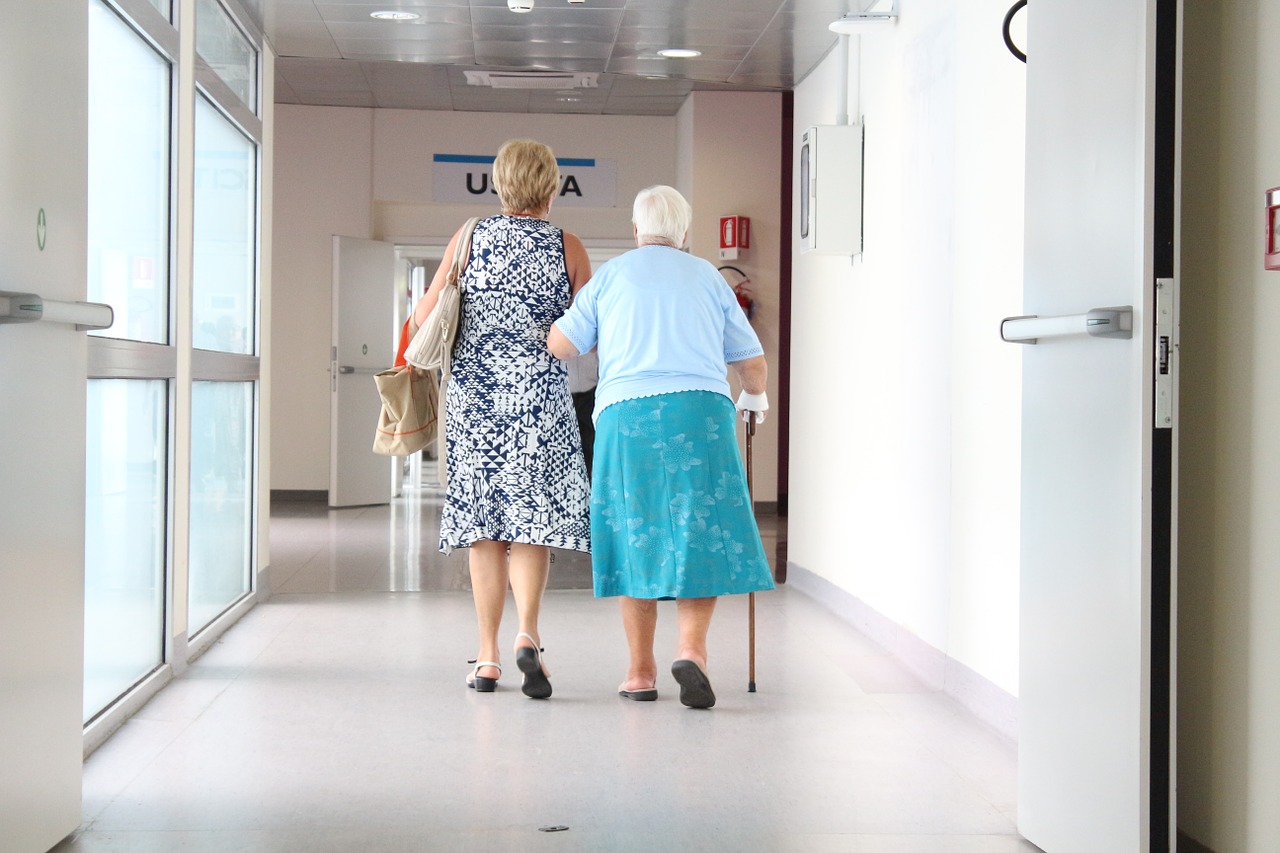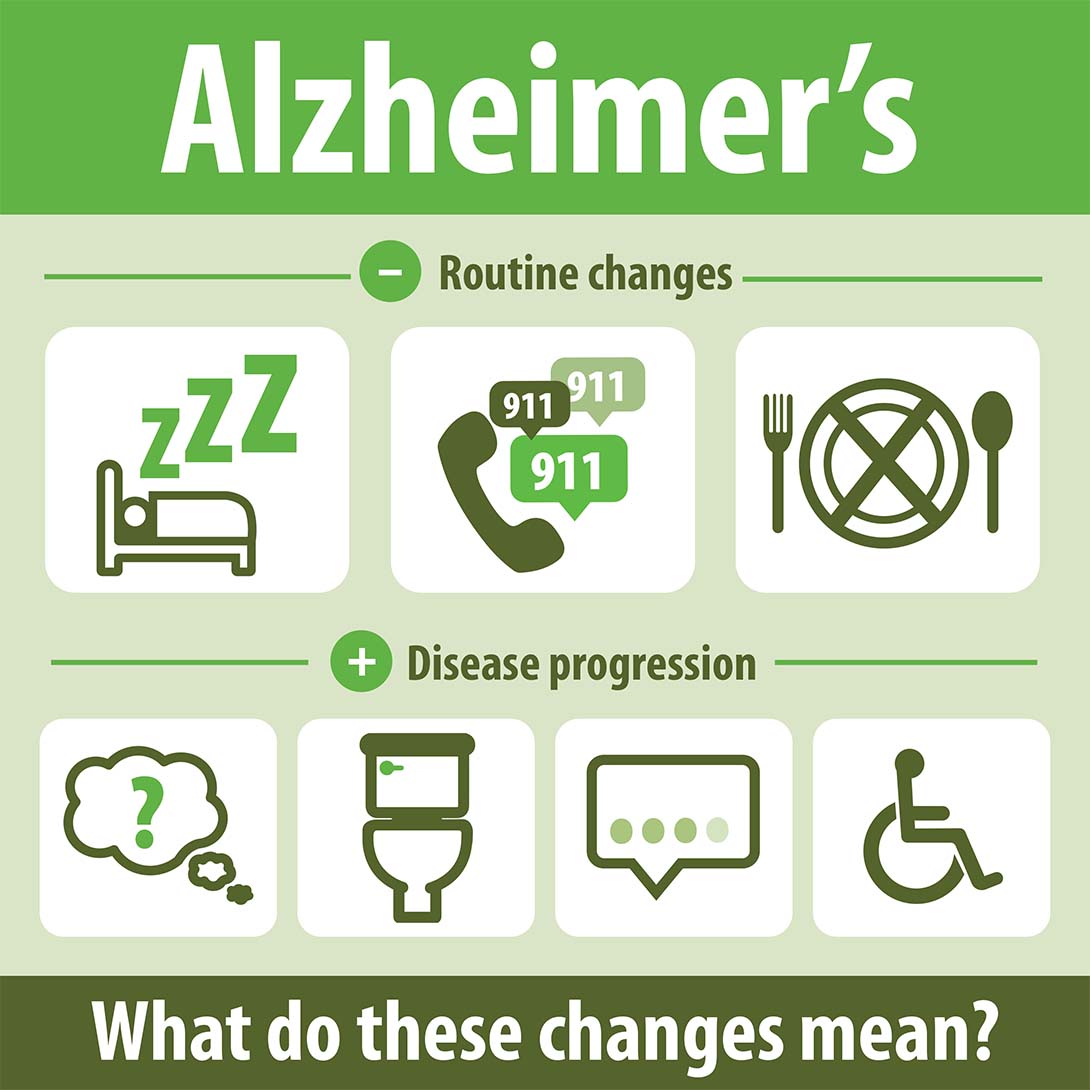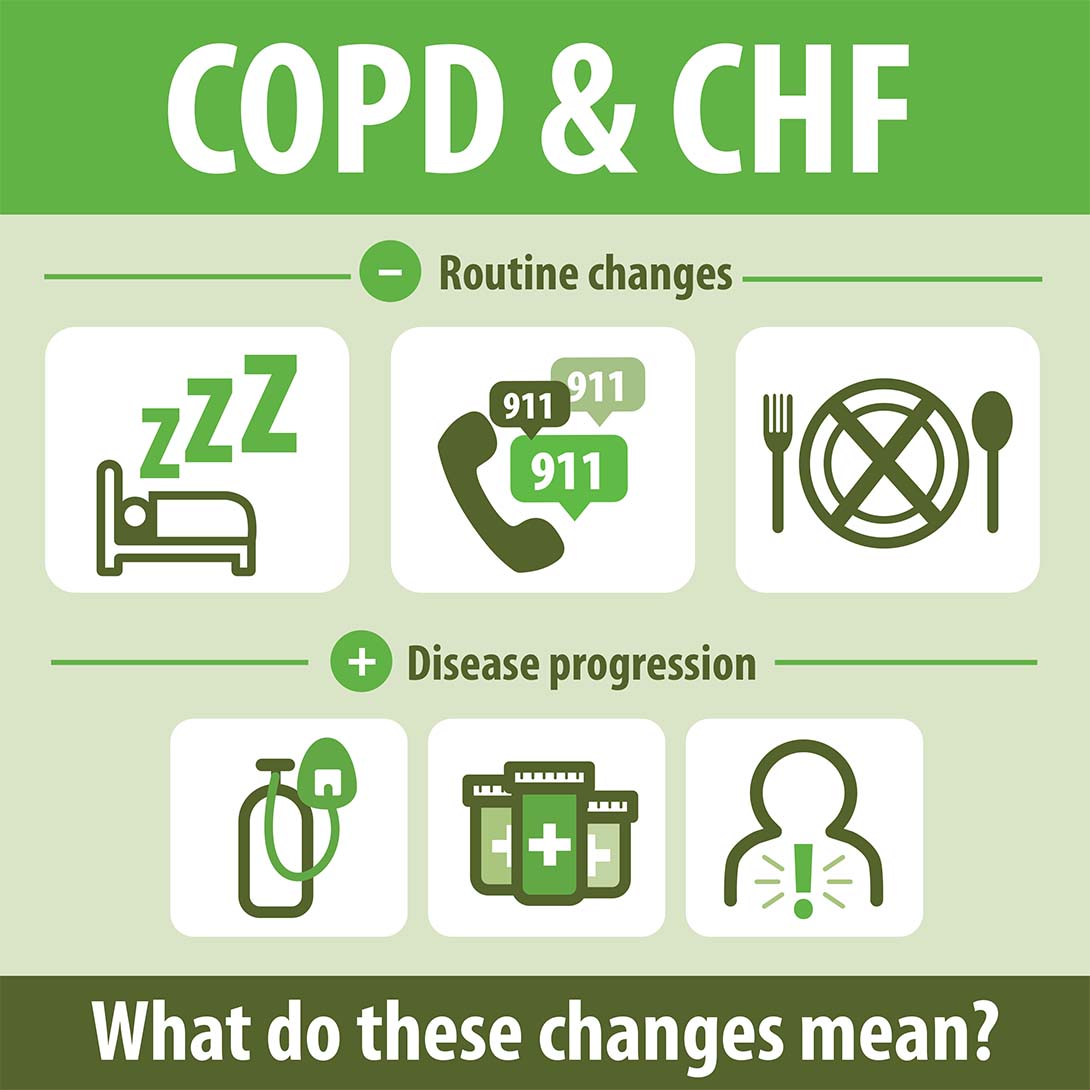3 Common Questions About Pap Smears for Seniors

Nearly 13,000 women in the United States are diagnosed with cervical cancer each year – yes, senior women included. Each January, Cervical Health Awareness Month opens the year by spreading information about the disease, including some of the things women can do to avoid getting it.
The first step to avoiding it, after all, is learning about it.
“Cervical cancer is a slow process involving the cells,” says Dr. Mita Patel and OBGYN resident with Rutgers Robert Wood Johnson in New Jersey. “The better way of saying it is: there’s a virus called HPV (human papillomavirus) and that virus can lead to changes in the cells of the cervix that can eventually lead to cervical cancer.”
The disease is virtually always preventable with vaccination and appropriate screening – otherwise known as a Pap test, Pap smear, or Pap screening. This common test checks for the presence of precancerous cells on the cervix by gently scraping some away and then examining them for abnormal growth.
The benefits of this test are tremendous. Because cervical cancer is a slowly moving process, a screening can catch abnormalities early on so that patients can try to get rid of those cells and prevent this disease from developing.
Even with all its benefits, the conversation about Pap smears for seniors can be an uncomfortable one, given the test’s nature. But have no fear; the test is extremely common as are potential questions and concerns among its recipients.
Just in case a patient may still be afraid to ask, here are a few of the more common ones:
1. Does an active or inactive sex life affect my need to get a Pap screening?
Often times, patients may assume that past or current sexual activity is the sole reason for needing a Pap smear. That’s not the case.
“Pap smears aren’t only for people who are currently sexually active,” Mita says.
The reason behind the misconception is because sex is important given that it is how the HPV virus is spread. But regardless of whether or not a woman has engaged or regularly engages in sexual activity, gynecologists recommend that all begin getting Pap smears at age 21 and every so often after.
2. But the older I am, the less often I need one, right?
This depends more so on Pap smear history than it does age, but both play a factor in need and frequency going forward.
“If they’ve had no previous abnormal Pap smears, women should be getting a Pap smear with an HPV co-test every five years,” says Mita.
That is the official recommendation of gynecologists – women 30 and older need to get a smear with an HPV co-test every five years. If something abnormal happens, that may change your plan, but from age 30 to roughly 65 that remains recommended.
Once a patient becomes 65 or older, things may also change.
3. How do I know if I no longer need to get a Pap screening?
Again, both past and age play a role in the need for Pap smears for seniors.
“My take home message to [seniors] is this,” Mita says.“If they have not adequately received their Pap smears within the past ten years – meaning Pap smear and co-testing every five years, twice in the past ten years or just a Pap without an HPV test every 3 years–they need to continue to their gynecologists because they can’t stop unless they’ve been adequately screened.”
If a patient has done those things, gynecologists may advise that a senior no longer has a need for Pap tests going forward.
For additional questions about cervical cancer, HPV, and Pap smears for seniors, it is important that patients refer to their OBGYN. For information about the unique care programs offered by Crossroads Hospice & Palliative Care, visit our website.
If you found this information helpful, please share it with your network and community.
Copyright © 2017 Crossroads Hospice & Palliative Care. All rights reserved.




